From Hannah: This show is, according to our tagline, “a podcast about pop culture discussion, critique and analysis with beer and swearing.” For the most part, in our seventy-something episodes, we’ve covered contemporary topics because that’s what most of us think popular culture is. As the co-host whose main periods of study are the eighteenth and nineteenth centuries, I’ve spent many episodes talking about how the things we care about now (serialization, for example) have roots in those time periods and how things have changed since. But a lot of “classic” literature — Shakespeare, Austen, Dickens, Wells — isn’t just relevant to us because it would go on to inspire what is popular now. We still love Romeo and Juliet, Pride and Prejudice, A Tale of Two Cities, and A Time Machine in and of themselves.* Sure, we keep making adaptations of these works, but you can walk into (almost) any bookstore and pick up a copy of the original.
I’m interested in doing shows about classic canonical works and creators that still matter to us in the present. The first of these shows is about the legacy of Jane Austen. Austen’s works were not actually as popular as some of her fellow writers like Walter Scott in her time, but have grown more and more popular as the centuries have passed. We can of course see this in the wide range of adaptations her novels have received from traditional BBC adaptations to Bollywood films to videogames to re-tellings like Ibi Zoboi’s new novel Pride. Universities dedicate entire classes just to studying Austen’s works, and foundational novel theorists like F.R. Leavis have counted her novels as part of the English “great tradition.” There are also a whole host of fans (called Janeites) who have casual reading groups, parties, and reenactments of Austen’s novels.
So what is it about Austen’s work that makes readers return to it again and again in the twenty-first century? Does it still speak to our moment, or are we nostalgic for a certain type of past? Is Austen’s work the thing that laid the foundation for certain types of romantic novels — or is she even romantic?
On this episode, a panel of scholars, both in period and out, will speak to why we teach Austen’s work and why it’s important to our current popular culture moment. What are your thoughts on Austen and your experiences with her work?
*I know I’m listing works from the British tradition, but we could also say this about something like The Great Gatsby. Send us your favorite classic “serious” texts we should do future shows on.
From Katya: I agree with Hannah on most counts, although I’ll extend one a bit: although Austen is definitely part of the British literary canon (and, by extension, of the English speaking world) it is also popular culture — and never really stopped being that.
Hannah and our guests will cover the importance of Austen in her own time but I can speak to her resonance now. Pride and Prejudice is perhaps the most iconic contemporary example but, in addition to being literature (pinkies out my friends), P&P is also “chick lit.” I often hear chick lit used as a dismissive or even derogatory term. It typically refers to novels with a female protagonist that explore issues relevant to modern women, often with romantic elements. Typically, the genre is dated to the mid 1990s.
Austen was definitely chick lit in its own time, written by women, for women. It explored the social and economic challenges of women during its time. It continues to be read in this spirit, too, as chick lit as much as classic literature. Whatever the blind spots of Austen’s works and their adaptations —which are many, and overlap with that of chick lit itself which centers on white, heterosexual women with some claims to middle or upper class society— it’s an example that Literature and popular culture are not exclusive categories. It’s also an excellent example of why we often assume that they are because of class, cultural capital, and perceptions of prestige.
But that is for the episode!

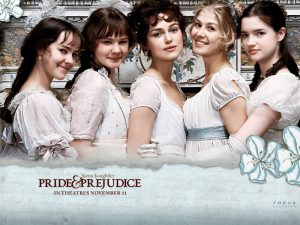
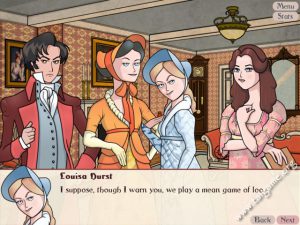
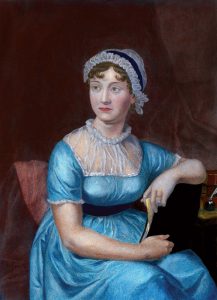
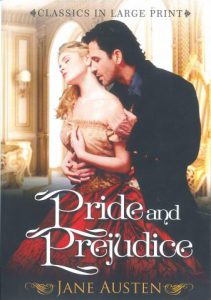
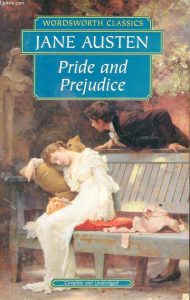



@HannahLeeRogers @JustThatNerdKid @schlinkles